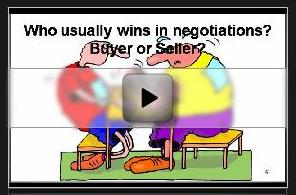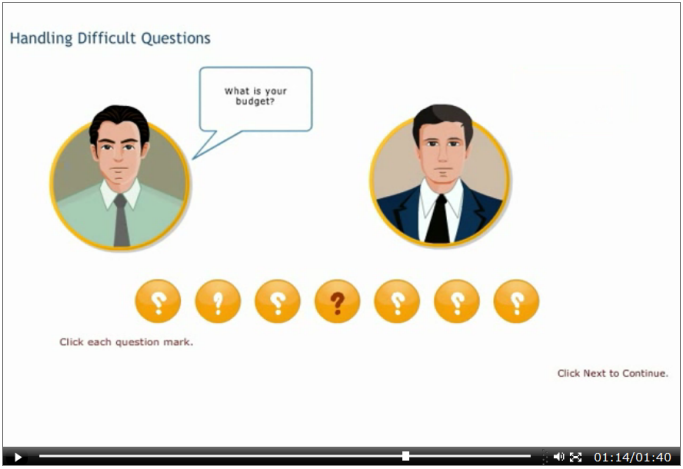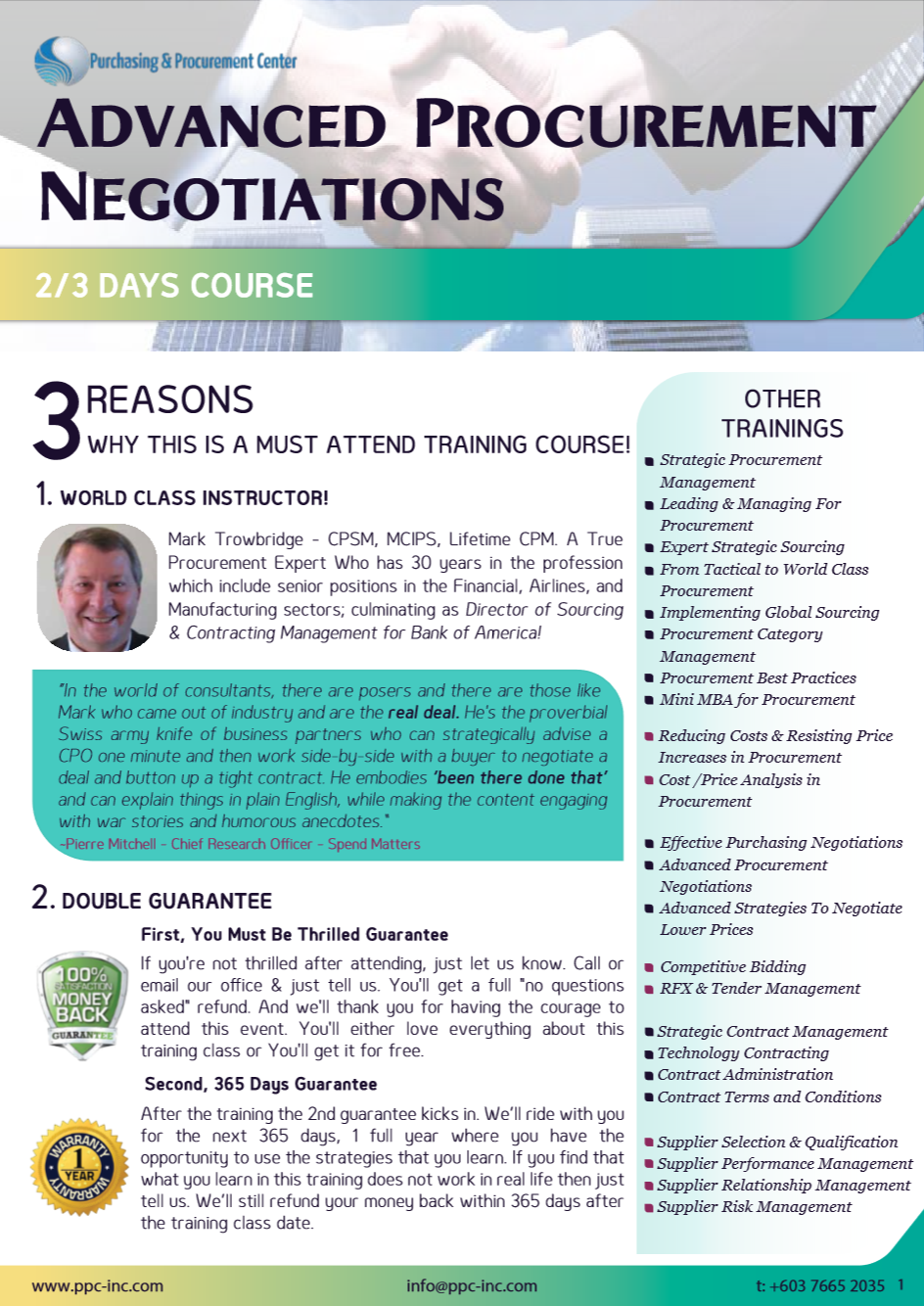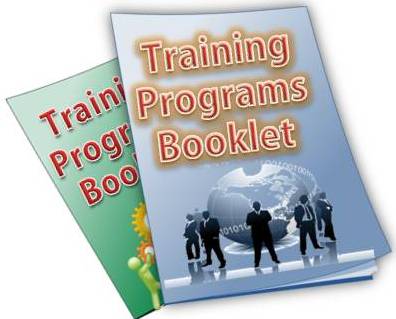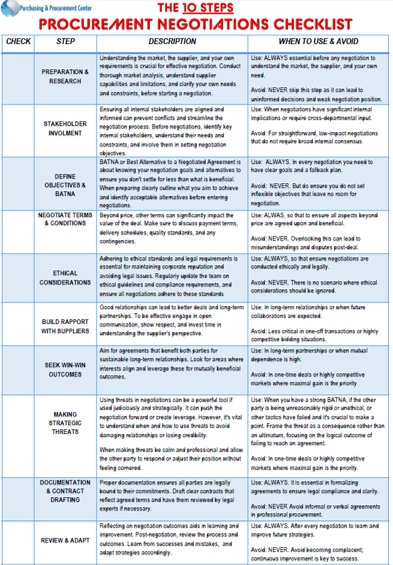Procurement & Contract Negotiation Process:
3 Stages to Negotiations Success!
When it comes to the procurement and contract negotiation process, the most difficult part may be to actually forget what you have been told about traditional negotiations processes, strategies & techniques.
Contract Negotiations should not depend on who’s smarter (supplier or seller), but on achieving the goal of concluding a contract that is fair, reasonable and beneficial to both parties.
Let’s get to the 'meat' of the contract negotiation process 3 stages.
Stage 1 of Procurement & Contract Negotiation Process:
Pre-Negotiation/Preparation!
This is the most important stage of the whole procurement & contract negotiation process. Contract negotiation is not about who’s the better negotiator (this is important, but at the end of the day there’s only so many strategies to use and probably both sides will have good negotiators on the table).
Imagine having to negotiate a contract with your supplier and you have no clue about the price of the supplier and how that compares to the market.
That's where during the pre-negotiation stage, preparation is most important. You want to conduct thorough research and analysis to gather relevant information about suppliers, market conditions, and product specifications.
This information forms the basis for developing negotiation strategies and setting objectives.
- Pre-Negotiation Stage Example
For example, you may delve into market trends, economic forecasts, and industry reports to gain insights into supplier pricing strategies, demand-supply dynamics, and potential risks.
Do analyze historical data on supplier performance, quality, and delivery timelines to assess supplier reliability and determine areas for improvement.
Engage in benchmarking exercises to compare supplier offerings, terms, and conditions with industry standards.
This will help to identify gaps and negotiate better deals that align with the organization's strategic objectives.
- 5 Areas to Focus During Pre-Negotiation Stage!
1. Issue Identification
Identify the issues you want to negotiate. For example, read the suppliers offer, highlight important parts and jot down notes about part that you are not clear, or that you cannot accept.
2. Issue Information
Have good information about each issue that you want to negotiate (after all this is what preparing is all about).
3. Classify the Issues
Classify them according to:
- Negotiable
These are issues that you can negotiate and be flexible. State your maximum that you can negotiate on these points, so that at any point in time during negotiations you know your limit.
- Non-Negotiable
These are issues that you will NOT negotiate and not budge. Whenever these come up just say "NO/Can't Do That!"
4. Prepare the meeting agenda
When doing this you will outline your issues again, but more importantly you would want to give the supplier the first turn to highlight any issues they may have with your contract. When you have a prepared meeting agenda, you will work according to that, and will not forget any point.
5. Get ready to Negotiate
Understand the most important thing before going to the negotiation table: Most issues can be negotiated. Yes, some “negotiation gurus” mention that ‘everything is negotiable’, but in real life it is not so. There are things that you or your supplier will not budge no matter what. With that in mind be positive and believe that it will go well. Most of the time it will.
- Key Skills for Pre-Negotiation Stage - Analytical Skills!
Analytical skills are crucial for evaluating proposals, understanding market trends, and conducting cost-benefit analyses. These skills enable procurement professionals to assess the impact of different negotiation scenarios, identify potential risks, and identify areas for value creation.
Those with strong analytical skills can effectively analyze data, interpret market trends, and make informed decisions. By considering multiple perspectives and examining various factors, they can develop negotiation strategies that optimize outcomes for their organizations.
Moreover, these analytical skills allow you to anticipate potential challenges and devise contingency plans.
By being proactive and prepared, you can navigate through complex negotiations with confidence and agility.
Stage 2 of Procurement & Contract Negotiation Process:
Negotiation Meeting!
This is where the actual discussions take place between the buyer and the supplier. It requires effective communication, active listening, and the art of persuasion.
During negotiations, present your requirements, desired terms, and objectives while also considering the supplier's needs.
But remember:
Give the supplier the first turn to highlight their key points in the proposal.
While meeting with the supplier is important, your negotiation outcome however is most likely achieved
before the meeting i.e. during the pre-negotiation/preparation stage, so again do not set
foot in a meeting without being prepared.
If at any point during the negotiating meeting you find that you did not prepare for a certain issue, then simply mention that you would need to get back to the supplier on that issue. Then work out the other issues.
Negotiation Meeting Stage Examples
Explore options:
Bundling purchases, volume discounts, or establishing long-term partnerships that yield operational efficiencies and strategic advantages.
Win-Win Negotiation:
Both collaborate to find mutually beneficial solutions - Strategic Alliance with your supplier to streamline the supply chain, reduce costs, and enhance product quality.
This could involve joint research and development initiatives, sharing of intellectual property, or co-marketing efforts to gain a competitive edge.
Competitive bidding:
Drive competition among suppliers and secure the best possible terms.
- Negotiation Meeting Tips!
- Be Friendly but Professional.
For example, say, "I’m glad we have a chance to sit down and discuss how we can work together."
- Be Positive.
Say, "It’s good that I hear you have the same viewpoint on this."
- Do Not Get Angry or Emotional. Keep your cool & calm.
It’s just business after all. How do you keep cool?
First, pause for a few seconds before saying something.
Second, if you are thinking whether something that you may say would offend the supplier, then don’t say it. However, if you really thought about it coolly, and then you still want to say it, then just go ahead and do it.
For example, during a meeting a client was discussing about the need of getting a lower price without committing to a long-term contract or bigger volume.
The client revealed that it was their policy that even after a contract was concluded, they would still be looking for other suppliers who may offer lower prices.
Supplier said:
“It looks like your philosophy towards your suppliers is – I’ll screw the supplier at the moment that I get the chance. It is difficult to then offer you what you are asking.”
The client kept his cool and then said that it was the direction from HQ.
Thirdly, breathe deeply. It relaxes you.
You may even joke with the supplier that you are practicing your breathing so that you don’t get angry or upset with what he said.
- Post-Negotiation Meeting Tips
Once the meeting is over, you need to get the other party’s agreement to all the points that you discussed. You can simply divide this into 2 categories:
a) Points that you have already agreed; and
b) Points that you or the other side would need to get back to each other.
Some of the points to summarise are:
- Payment terms
- Contract volume
- When the contract/work will start
- Price for the Contract
Once you have written this down, simply shoot a quick email to the other party and ask for their acknowledgement/agreement to this. Mention that if they have anything to add, they can add it during their reply to your email.
This process can go back and forth until you have reached an agreement - whether in the 1st meeting or after multiple meetings.
- Key Skills for Negotiation Meeting Stage - Communication Skills!
Effective communication is vital in negotiation. Be adept at clearly articulating your requirements,
actively listening to understand the supplier's perspective, and using
persuasive techniques to influence discussions positively.
However, communication skills in procurement negotiation go beyond the surface level. It involves the ability to adapt communication styles based on the supplier's cultural background, language proficiency, and preferred mode of communication.
By tailoring your approach, you can establish rapport and build trust, which can greatly enhance the negotiation process.
The ability to ask probing questions, clarify doubts, and create a conducive atmosphere for open dialogue enhances the chances of successful negotiation outcomes.
Effective communication ensures that both you and the supplier are on the same page, leading to more fruitful discussions and mutually beneficial agreements.
Stage 3 of Procurement & Contract Negotiation Process:
Post-Negotiation!
The post-negotiation stage involves implementing and monitoring the agreed-upon terms and conditions. This includes drafting contracts, obtaining legal reviews, and ensuring compliance.
- Post-Negotiation Stage Activities!
Post-negotiation activities also entail tracking supplier
performance, resolving disputes, and conducting periodic reviews to assess the
effectiveness of the negotiated agreements.
By continuously evaluating and adapting to changing market conditions, procurement professionals can optimize the value derived from their negotiations.
Furthermore, post-negotiation activities may involve establishing key performance indicators (KPIs) to measure supplier performance and track the achievement of agreed-upon objectives.
This allows procurement professionals to identify any deviations from the negotiated terms and take appropriate actions to address them.
In addition, ongoing supplier relationship management is crucial during the post-negotiation stage. Engage in regular communication with suppliers to address any concerns, provide feedback, and explore opportunities for continuous improvement.
- Key Skills for Post-Negotiation Stage - Relationship-Building Skills!
Building strong relationships with suppliers is essential
for effective procurement negotiation. Focus on creating a conducive environment of trust, transparency, and
collaboration.
Developing and nurturing relationships with suppliers goes beyond the confines of a single negotiation. It involves investing time and effort in understanding the supplier's business, values, and long-term goals.
By doing so, you can establish a foundation of trust and mutual respect, which can significantly impact the negotiation process.
Strong relationships with suppliers allow for open and honest communication. This transparency facilitates the identification of win-win solutions that benefit both of you, fostering a collaborative approach to negotiation.
By working together, you and your suppliers can find innovative ways to create value and drive continuous improvement.
The post-negotiation stage serves as a critical phase for ensuring that the negotiated agreements are effectively implemented, monitored, and optimized to drive value for the organization.
Find out more information about Contract Management here, or Contract Negotiation Process here.
Or discover much more information about Purchasing & Procurement Management & Strategies here

